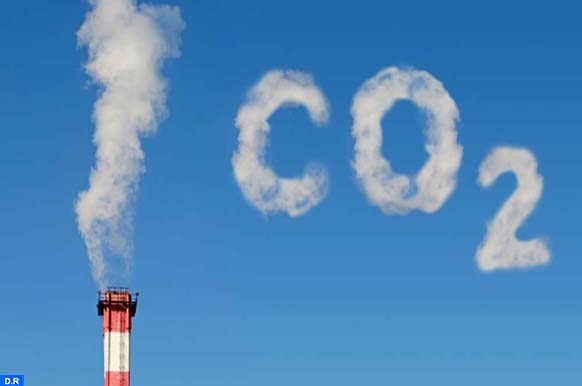EU: CO2 Emissions from Energy Use Fall in 2019
Brussels – Carbon dioxide (CO2) emissions from fossil fuel combustion significantly decreased in the 27 member states of the European Union in 2019, said Eurostat on Wednesday.
Emissions from mainly oil and oil products, coal, peat and natural gas fell by 4.3% year on year, according to the statistical office of the European Union.
“Consequently, imports and exports of energy products have an impact: for example if coal is imported for electricity generation this leads to an increase in emissions in the importing country, while if electricity as such is imported, it has no effect on emissions in the importing country, as these emissions would be reported in the exporting country where the electricity has been produced,” Eurostat’s statement explained.
According to the statistical office estimates, emissions fell in 2019 in the majority of EU member states, with the highest decrease in Estonia at 22.1%, followed by Denmark at 9.0%, while Greece and Slovakia recorded a fall of 8.9% each.
The largest falls in CO2 emissions from energy use were seen in Estonia and Denmark with the highest increase observed in Luxembourg.
Four member states showed increases: Luxembourg with a 7.5% rise, ahead of Austria at 2.8%, Malta with 2.0% and Lithuania with 1.6%.
CO2 emissions are a major contributor to global warming and account for some 80% of all man-made EU greenhouse gas emissions (GHG).
They are influenced by factors including climate conditions – cold/long winters or hot summers, economic growth, population size, transportation, and industrial activities.













